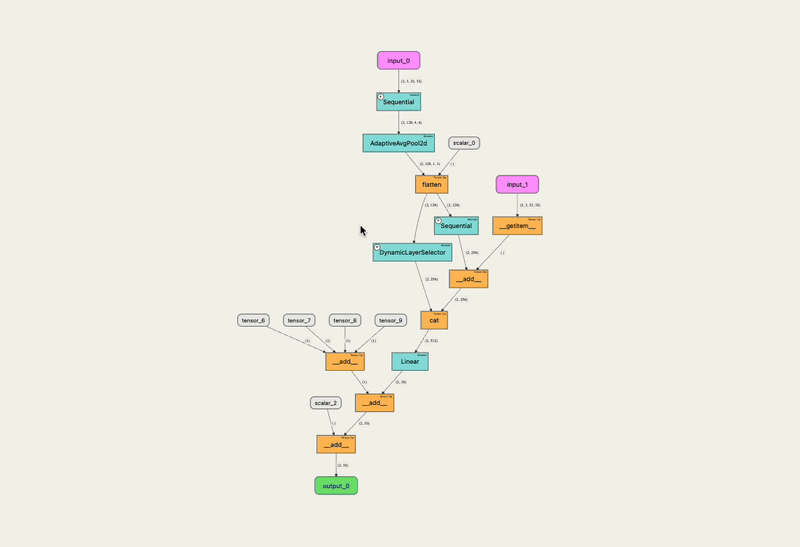Google has announced that an advanced version of Gemini Deep Think achieved gold-medal level performance at the International Mathematical Olympiad (IMO) 2025 by solving five out of six problems perfectly.
The International Mathematical Olympiad, established in 1959, is an annual competition for pre-university mathematicians. Participating countries send six elite students to solve six complex problems across algebra, combinatorics, geometry, and number theory. Medals are awarded to the top half of contestants, with approximately 8% earning gold medals.
During the IMO 2025, which concluded last week, an advanced version of Gemini Deep Think secured 35 points, achieving a gold-medal equivalent performance. This iteration of Gemini Deep Think was specifically trained using novel reinforcement learning techniques. These techniques enable the model to leverage more multi-step reasoning, problem-solving, and theorem-proving data. Additionally, Google provided Gemini with a curated corpus of high-quality solutions to mathematics problems and integrated general hints and tips on approaching IMO problems into its instructions.
Nobel-winning AI: DeepMind duo’s breakthrough in the field of chemistry
In contrast to previous efforts, this advanced Gemini Deep Think operated entirely in natural language. It generated rigorous mathematical proofs directly from the official problem descriptions within the 4.5-hour competition time limit. This marks a progression from Google DeepMind‘s 2024 performance at the IMO, where AlphaGeometry and AlphaProof achieved a silver medal by solving four out of six problems and scoring 28 points. However, those systems required problems to be translated into domain-specific languages and utilized 2-3 days of computation.
Deep Think is characterized as an “enhanced reasoning mode” that incorporates “latest research techniques,” including parallel thinking. This setup allows the model to simultaneously explore and combine multiple potential solutions before delivering a final answer, rather than following a single, linear line of reasoning. Google plans to release a version of this Deep Think model to a select group of trusted testers, including mathematicians. Following this testing phase, the model will subsequently become available through Google AI Ultra.

